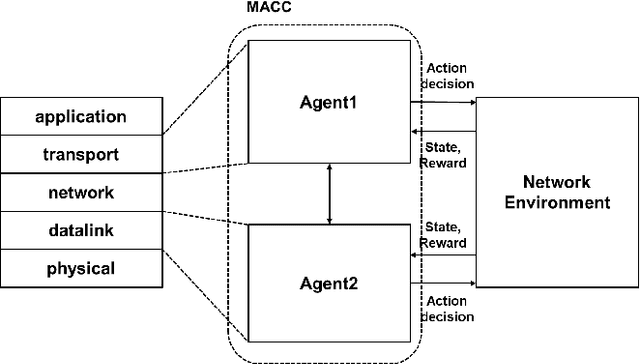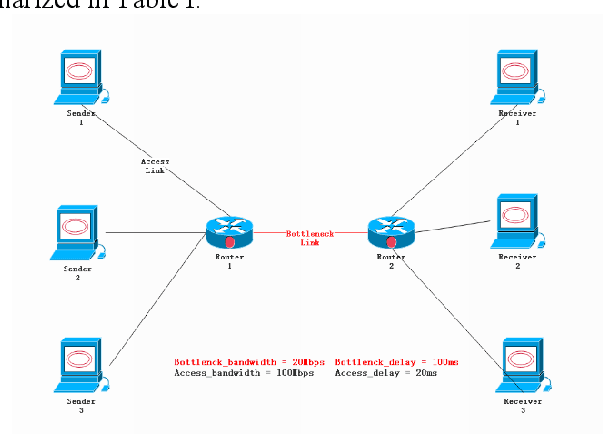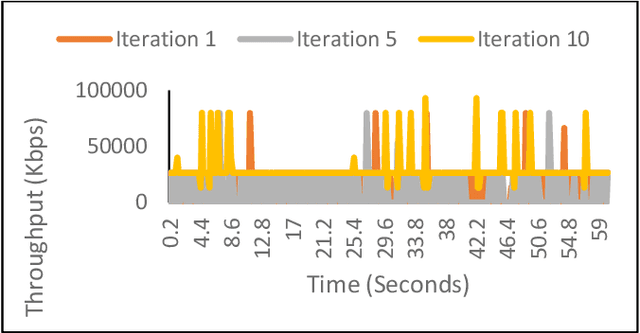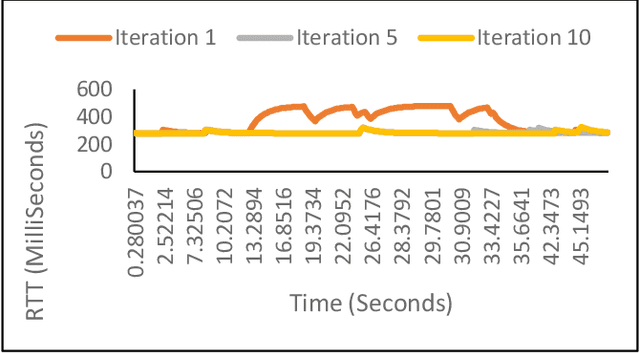Jianing Bai
Physics-Constrained Backdoor Attacks on Power System Fault Localization
Nov 07, 2022Abstract:The advances in deep learning (DL) techniques have the potential to deliver transformative technological breakthroughs to numerous complex tasks in modern power systems that suffer from increasing uncertainty and nonlinearity. However, the vulnerability of DL has yet to be thoroughly explored in power system tasks under various physical constraints. This work, for the first time, proposes a novel physics-constrained backdoor poisoning attack, which embeds the undetectable attack signal into the learned model and only performs the attack when it encounters the corresponding signal. The paper illustrates the proposed attack on the real-time fault line localization application. Furthermore, the simulation results on the 68-bus power system demonstrate that DL-based fault line localization methods are not robust to our proposed attack, indicating that backdoor poisoning attacks pose real threats to DL implementations in power systems. The proposed attack pipeline can be easily generalized to other power system tasks.
MACC: Cross-Layer Multi-Agent Congestion Control with Deep Reinforcement Learning
Jun 04, 2022



Abstract:Congestion Control (CC), as the core networking task to efficiently utilize network capacity, received great attention and widely used in various Internet communication applications such as 5G, Internet-of-Things, UAN, and more. Various CC algorithms have been proposed both on network and transport layers such as Active Queue Management (AQM) algorithm and Transmission Control Protocol (TCP) congestion control mechanism. But it is hard to model dynamic AQM/TCP system and cooperate two algorithms to obtain excellent performance under different communication scenarios. In this paper, we explore the performance of multi-agent reinforcement learning-based cross-layer congestion control algorithms and present cooperation performance of two agents, known as MACC (Multi-agent Congestion Control). We implement MACC in NS3. The simulation results show that our scheme outperforms other congestion control combination in terms of throughput and delay, etc. Not only does it proves that networking protocols based on multi-agent deep reinforcement learning is efficient for communication managing, but also verifies that networking area can be used as new playground for machine learning algorithms.
 Add to Chrome
Add to Chrome Add to Firefox
Add to Firefox Add to Edge
Add to Edge